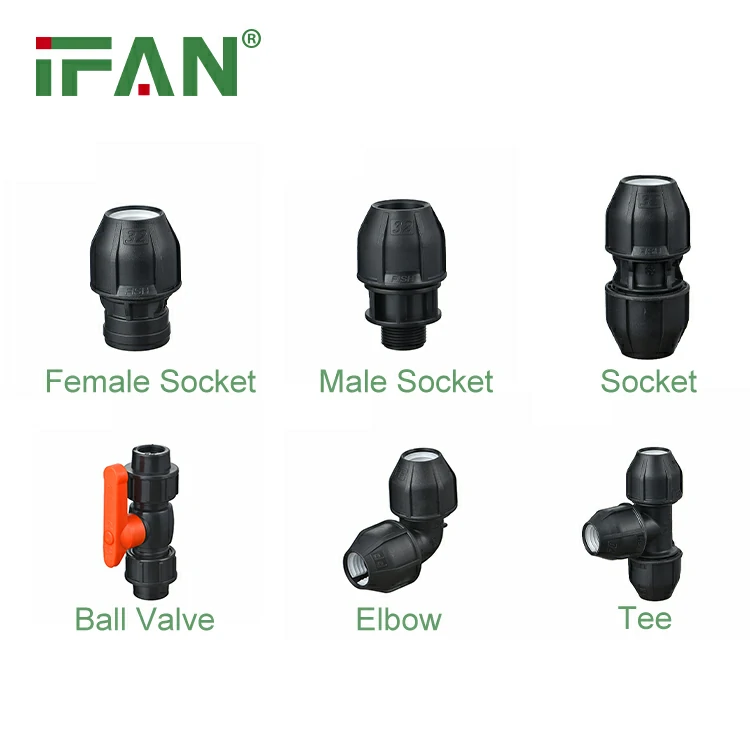Introduction to PE in Plumbing
In plumbing, PE stands for polyethylene, a versatile thermoplastic material. It is widely used in piping systems due to its flexibility and durability. PP pipes are commonly employed in water supply, gas distribution, and irrigation systems. This material has become a popular choice for modern plumbing solutions.
Properties of Polyethylene (PE)
Polyethylene is known for its high resistance to corrosion and chemicals. It is lightweight, making it easy to transport and install. PP pipes are flexible, allowing them to withstand ground movements. These properties make PP a reliable material for various plumbing applications.
Types of PE Pipes
There are different types of PP pipes, including PE80 and PE100. PE80 is used for low-pressure applications, while PE100 is suitable for high-pressure systems. Both types offer excellent performance and longevity. The choice depends on the specific requirements of the plumbing project.
Advantages of PP in Plumbing
PE pipes offer several benefits in plumbing systems. They are cost-effective and easy to install. Their flexibility reduces the need for additional fittings. PE pipes are also resistant to freezing and cracking, making them ideal for cold climates. These advantages contribute to their widespread use.

Applications of PP Pipes
PE pipes are used in various plumbing applications, such as water supply networks and gas distribution systems. They are also employed in agricultural irrigation and industrial processes. Their versatility and durability make them suitable for both residential and commercial projects.
Installation of PE Pipes
Installing PP pipes is straightforward and requires minimal tools. The pipes can be joined using heat fusion or mechanical fittings. Proper installation ensures a leak-free and long-lasting system. Following manufacturer guidelines is essential for optimal performance.
Maintenance of PP Pipes
PE pipes require minimal maintenance due to their durability. Regular inspections can help identify potential issues early. Cleaning the pipes periodically ensures efficient flow. Addressing minor problems promptly can prevent costly repairs in the future.
Conclusion
PE, or polyethylene, is a key material in modern plumbing systems. Its properties, such as flexibility and resistance to corrosion, make it a reliable choice. PP pipes are used in various applications, from water supply to gas distribution. With proper installation and maintenance, PP pipes provide efficient and long-lasting plumbing solutions.

